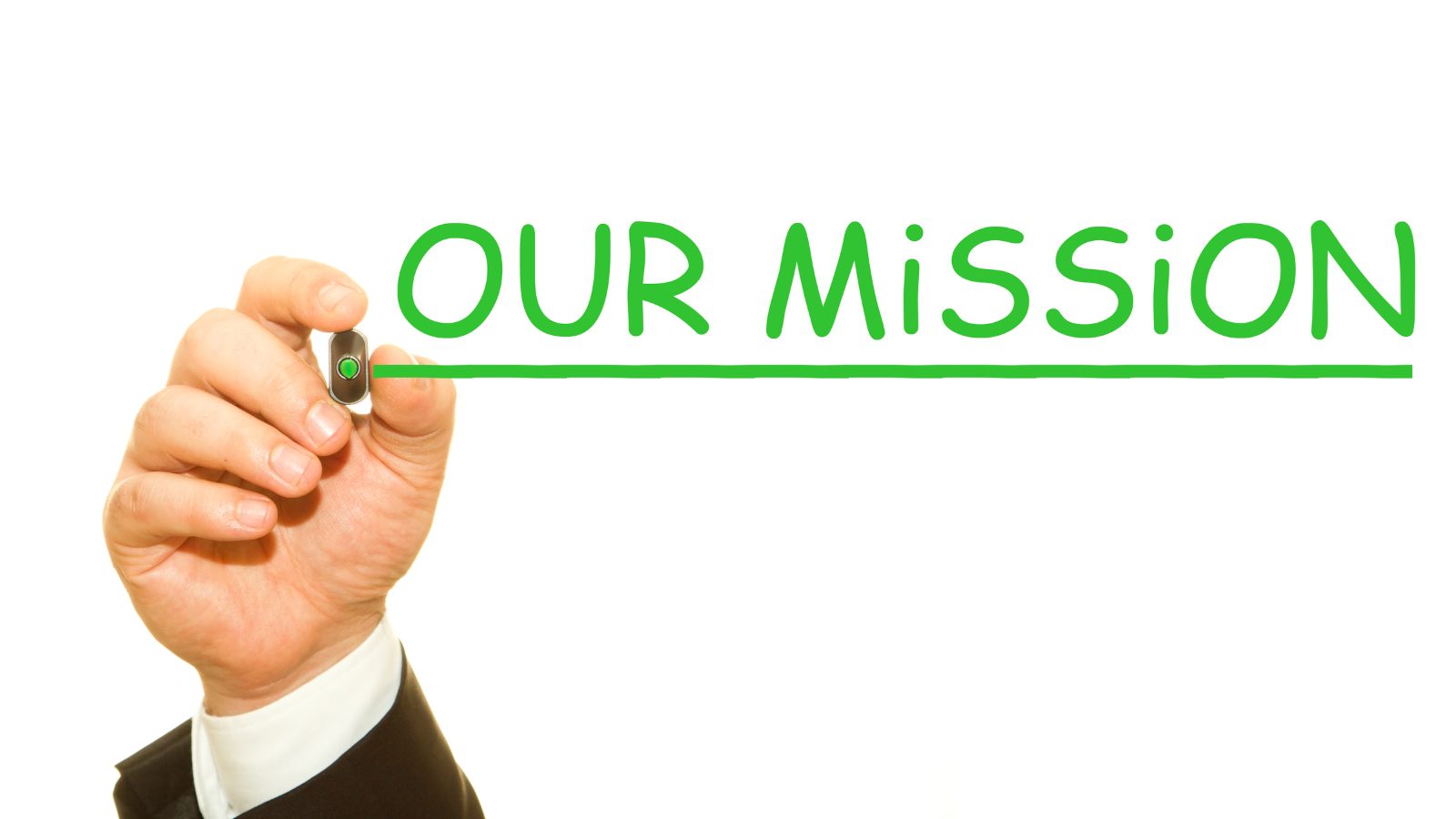The paramount objective of the Aquatic Middle East Network (AQMENET) is to provide vital assistance to Member Countries in cultivating their aquaculture sectors through the Prevention, Early Detection and Control of Aquatic Animal Diseases.
More specifically, AQMENET shall endeavour to:
Enhance scientific and technological proficiency in epidemiology and diagnostic capacities for aquatic diseases throughout the region by:
Contribute to the World Organisation for Animal Health’s procedures for developing guidelines and harmonising standards for validation of specific diagnostic methodologies for major diseases.
Coordinate support from international organisations to the national authorities of Members, including Aquatic Animal Health Services, on surveillance, prevention and control of aquatic animal diseases, inclusive of emerging diseases.
Provide opportunities for collaboration between national, regional and international institutions, as well as FAO/WOAH Reference Laboratories and Collaborating Centers, in order to build skills, exchange expertise and cooperate.
Promote dedicated studies on aquaculture practices, socioeconomics and risk factors at the relation of marine species, humans and the environment.
Disseminate knowledge on prevention, early detection, control of aquatic animal diseases and best practices in aquaculture production to Member Countries and the global scientific community.
Develop communication resources, update publications, deliver training, connect with experts, and support existing programs.
